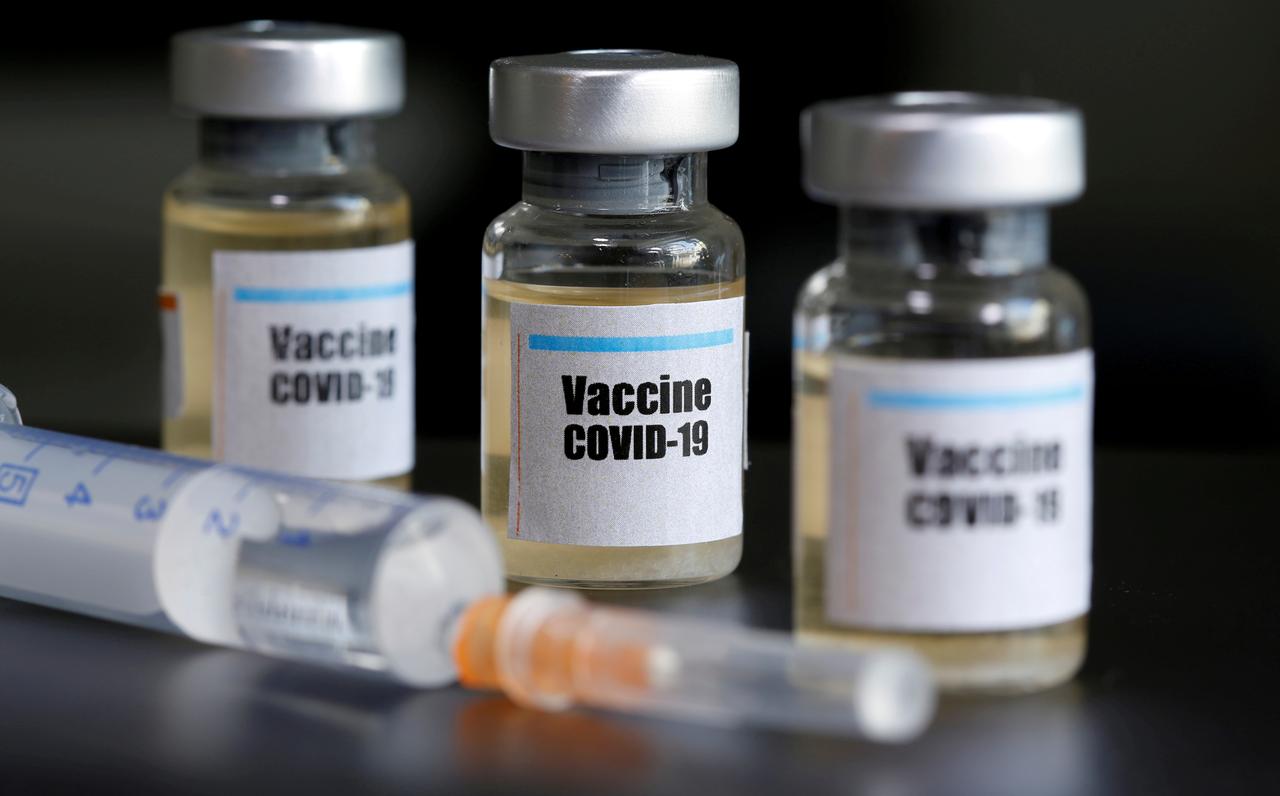The number of people infected with SARS-CoV-2 worldwide just surpassed 46 million. Numerous countries are facing their second and third waves forcing more lockdowns and strict preventive measures. Although we have somehow adapted to the new normal, we find ourselves waiting for a more permanent solution.
Over the past few months, we have been getting numerous reports and data from various parties regarding the vaccine for COVID-19. Oftentimes, all the updates are far too technical to comprehend or do not contain much information of value.
What are the current updates?
According to the updates by the WHO, there are currently 100 vaccine candidates under development and of which about 11 vaccines are in their final stages of testing. These vaccines in the final stage or the human stage of testing are expected to give out results in the following months. However, it is noteworthy that this is the stage of the trial where the chances of failure are the highest.
Even when the vaccine is developed, scientists are still unsure as to if it would be enough to protect someone from COVID-19.
The contenders currently in their final stages are:
- The University of Oxford and AstraZeneca vaccine in the UK
- Pfizer and BioNTech in Germany
- Moderna in the US
- CanSino with the Beijing Institute of Biotechnology in China
- Gamaleya Research Institute in Russia
- Janssen
- Beijing Institute of Biological Products and Sinopharm in China
- Sinovac and Instituto Butantan in Brazil
- Wuhan Institute of Biological Products and Sinopharm in China
- Novavax in the US
What can the vaccine do?
Vaccinations have been used for over decades to prevent numerous illnesses successfully. A vaccine works by training the body’s immune system to recognise harmful pathogens like bacteria and viruses. Once the vaccination is given, the body’s natural defence system will be ready to attack the virus or the bacteria.
For COVID-19, this means that if a successful vaccine is made, the burden on the healthcare and economy can be minimised as those vaccinated individuals will be able to fight off the infection on their own.
What can go wrong?
Developing a vaccination does not guarantee that the pandemic will be under control. It is near impossible to know how effective the vaccines will be at this stage. Moreover, about 60 to 70 % of the world population should receive the vaccine in order to attain herd immunity.
It is also a known fact that the most severely affected individuals are the older population. The effectiveness of a vaccine also decreases as someone ages. Hence, there is no way of knowing if the older population would benefit from a possible vaccine.
Even after a vaccine is made, it would take numerous vetting and approval processes in order to make sure they are clinically safe and does not cause any harm to the individual.
Who gets the vaccination first?
The WHO has announced that, once a safe and effective vaccine is available they will distribute it to all the countries equally but those at higher risk would be prioritized. The high risk individuals are, the elderly, those who suffer from chronic illnesses, expecting mothers and children.
There will most definitely be a huge logistical challenge in immunizing billions of people all around the world.
As we wait for more updates on the hunt for a vaccine for COVID-19, we shall abide by the instructions on safety measures by the respective bodies and hope that the current vaccines under development bring promising results.





